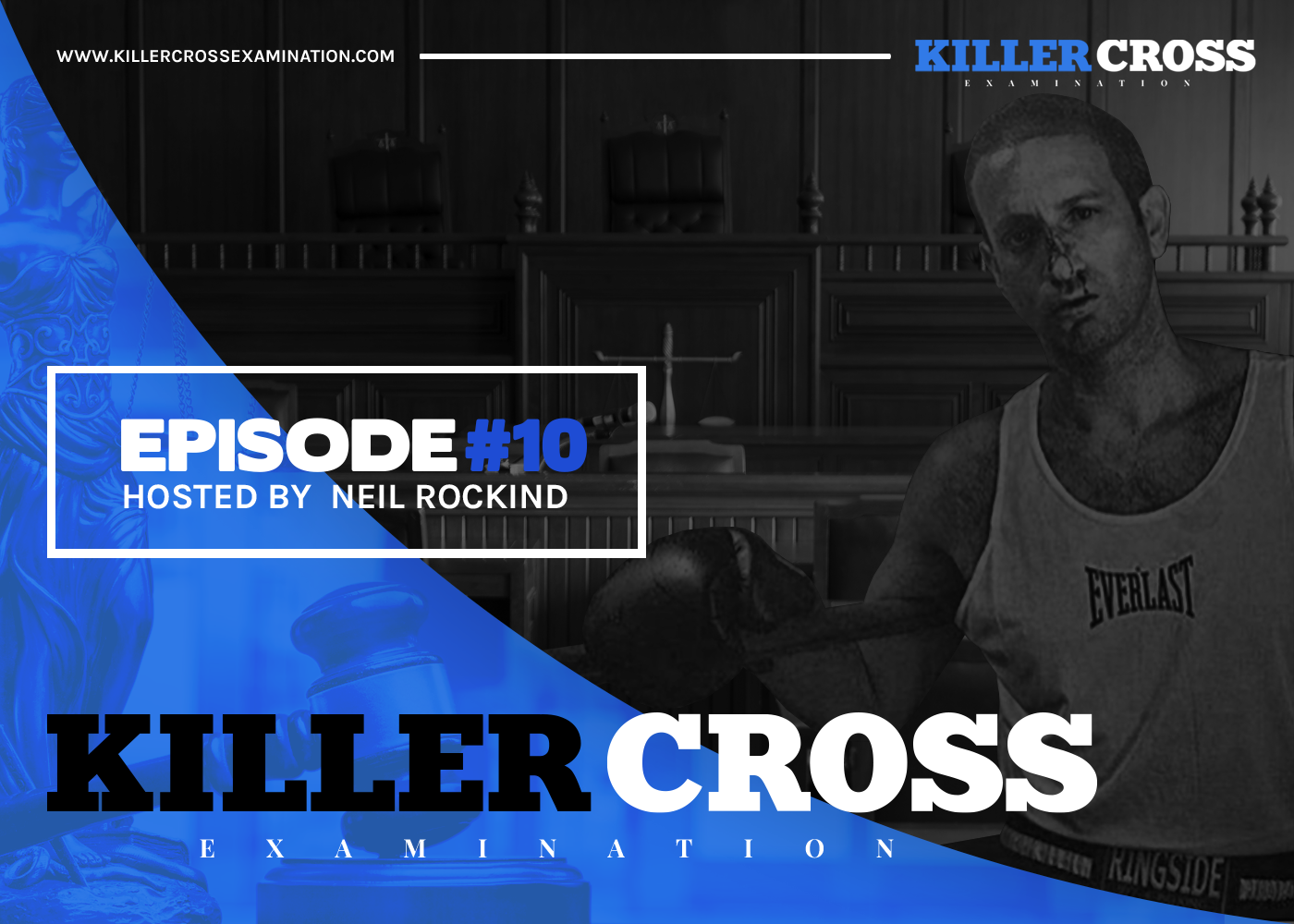
Gathering Evidence of Innocence Should Come First
Did you know that the police and prosecution must turn over evidence favorable to the defense to the accused? Did you know that the US Supreme Court has stated that it is a denial of due process for a prosecutor not to turn over favorable evidence? Likewise, did you know that even if a prosecutor is unaware of the evidence, if any member of the police department or someone within the sphere of influence and control of the prosecution knows about it, it must be disclosed. Yet, why do cases still get overturned for the failure of evidence to be disposed?
Perhaps the root of the problem is that some police officers do not took for evidence of innocence or as we call it, “exculpatory evidence”. Instead, the police simply seek out evidence that confirms the allegations or “helps prove the charges” rather than seek or attempt to obtain evidence that undercuts the allegations. Most police officers would claim that they are neutral, i.e., that they just gather evidence without bias but when do they overlook evidence that tends to exculpate the accused so regularly.
Within the last month, I’ve cross-examined 2 police officers who both admitted that they didn’t know what exculpatory evidence was. Isn’t that shameful? How can police officers claim to look for something and claim to preserve it if they don’t know what it is? How can prosecutor’s claim to have turned everything over and to be even handed ministers of justice, if the police officers that are working with them don’t know what exculpatory evidence is?
Things should change. If they haven’t looked for and processed all evidence, and most importantly, evidence that favors the accused, than a person should not stand trial for that offense. Hear me discuss this issue in Episode 10.
Please be aware we are relying on impressions, recollections, memories and interpretations.



